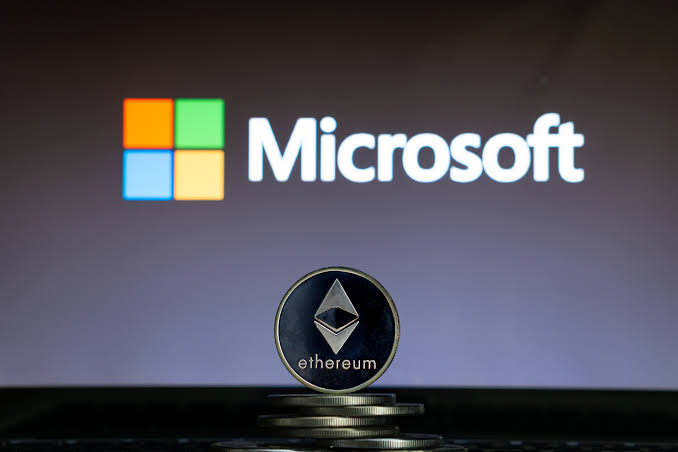
Microsoft’s research group investigated a blockchain-based incentive system to bolster anti-piracy activities in a recent report published with the assistance of experts from Alibaba and Carnegie Mellon University.
Microsoft’s new approach, dubbed “Argus: A Fully Transparent Incentive System for Anti-Piracy Campaigns,” is based on the transparency component of blockchain technology, as the title of the study suggests.
“We see this as a distributed system problem,” the paper stated, “In the implementation, we overcome a set of unavoidable obstacles to ensure security despite full transparency.”
Argus is a trustless incentive mechanism built on the Ethereum blockchain that intends to preserve data acquired from the open anonymous population of piracy reporters. The transparency of blockchain technology is at the heart of the major software developer’s new approach to tackle piracy.
On every software piracy platform, the Windows operating system and Office productivity suite have always been top performers. It’s no surprise, then, that Microsoft, the creator of both programs, is working hard to implement anti-piracy mechanisms.